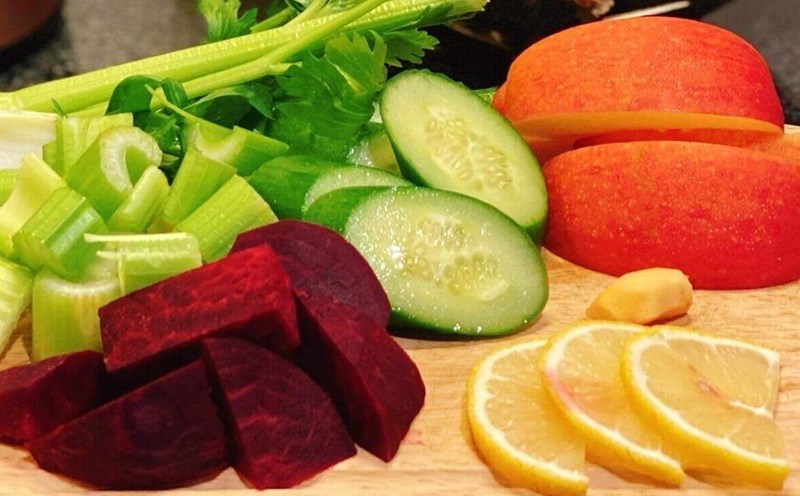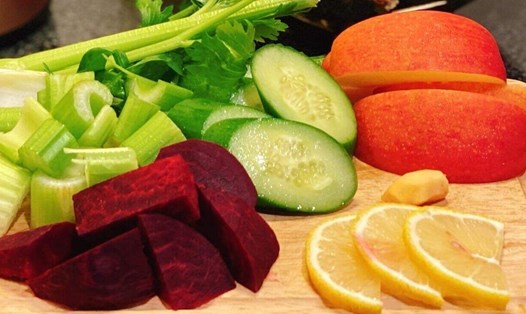Kale and spinach
These are vegetables that easily lose nutrients when boiled due to their chemical properties.
These two vegetables contain vitamin C and folate, which are water-soluble vitamins that are very sensitive to high temperatures and easily dissolve in the boiling water. When vegetables are boiled, a large part of these nutrients will dissolve into the water, leading to a decrease in the nutritional value of the vegetables.
Research shows that boiling green vegetables can cause a loss of 35-50% of vitamin C and folate if cooked for too long. At the same time, spinach and kale contain many antioxidants such as lutein and beta-carotene. These substances are very sensitive to heat and can easily break down when exposed to high temperatures for a long time.
Potato
Potatoes are susceptible to loss of nutrients when boiled due to characteristics related to their nutritional structure and their reaction to high temperatures and water.
Vitamin C and B vitamins (such as B6, thiamin) in potatoes are water-soluble and heat-sensitive. When boiled, these nutrients are dissolved in the boiling water, leading to a decrease in the nutritional value of the potatoes.
Research by the World Health Organization shows that potatoes can lose 30-50% of their vitamin C when boiled, especially if boiled for a long time. At the same time, potatoes contain a lot of potassium and some trace minerals. When boiled, these substances dissolve in water.
The high temperature during the boiling process breaks down the starch structure in potatoes, also making them easily "mushy" and losing part of their original texture, reducing nutrition.
Pumpkin
Pumpkins easily lose nutrients when cooked due to the chemical properties and reaction of nutrients with high temperatures and water during cooking.
Pumpkin is rich in vitamin C and some B vitamins (such as folate), which are water-soluble vitamins. When boiled or cooked in water, a large part of these vitamins can dissolve into the cooking water, leading to a decrease in nutritional value.
Pumpkin is rich in beta-carotene, a precursor to vitamin A that benefits the eyes and immune system. Although beta-carotene is more stable when exposed to heat, cooking it for too long or at too high a temperature can reduce its effectiveness. Polyphenols and other antioxidants in pumpkin are also destroyed by high temperatures.
The high temperatures during cooking soften the cell structure of pumpkin, causing some of the fiber to dissolve or lose its integrity. This reduces the fiber's benefits for the digestive system.











